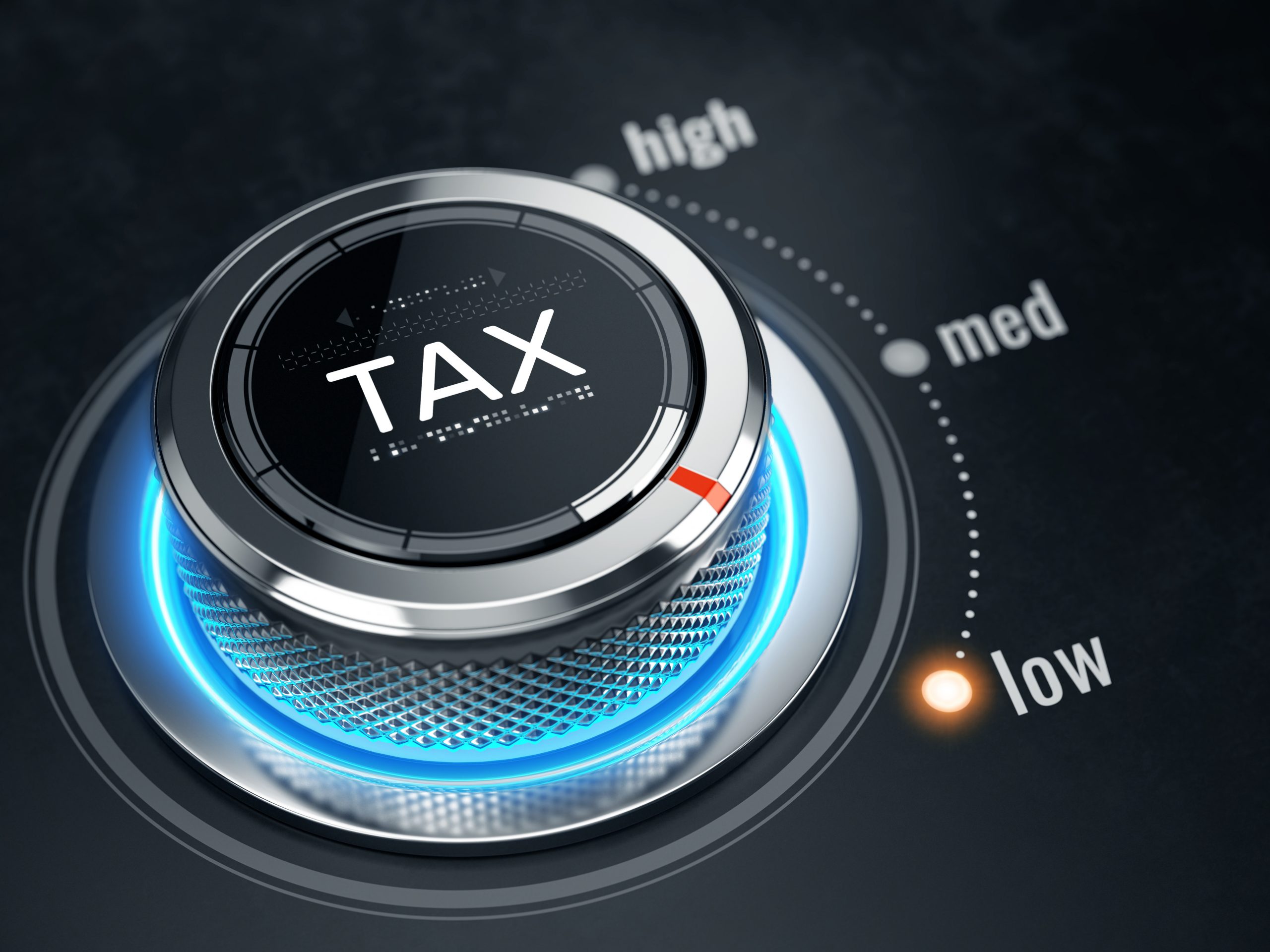Being a limited company means that your business assets belong to the company and any money going in and out of your business must be accounted for.
There are several ways in which you can withdraw money (Salary, Dividends, Director’s Loans, and Expenses) but by being savvy with your spending and planning wisely there are tax-efficient ways to extract profit from your business, maximising expenditure allowances, and utilising tax credits.
In this article we explore seven savvy ways to withdraw money from your limited company.
1. Invest in an electric car
If you’re ready to go electric, now is a great time to buy a new vehicle. With the government’s push to electric cars, there is an incentive to buy a zero-emissions, fully electric and brand-new vehicle even if you use it outside of the business.
You can claim a capital allowance of 100% of the price paid if the car is fully electric or has a CO2 rating of lower than 50g – so a £40,000 car would give a corporation tax saving £7,600 (19%) in the year of purchase.
The tax relief also extends to the costs of maintaining and insuring the vehicle and 130% relief is available for installing charging points.
The Benefit in Kind (company car tax) for zero emissions cars is currently 1% increasing to 2% from tax year 2022/23.
Tax savings may also apply to some hybrid vehicles but the greater the electric range, the lower the Benefit in Kind (BIK).
2. Put money into your pension
If you’re a director of a limited company, putting money into your pension pot is a tax-efficient way of using profits from your business whilst simultaneously saving for the future. Pension contributions count as an allowable business expense and are among the few remaining tax breaks available to limited companies.
Known as the pension annual allowance, you can currently pay a maximum of £40,000 or 100% of your income (whichever is lower) into your pension. This means you can save up to £7,600 on your tax bill annually.
3. Use your pension to buy premises
If you need to invest in commercial property for your business, you can use up to half of your pension’s value to help fund the purchase of properties such as offices, rental units, and warehouses.
Your business can then pay rent back into your pension which is in addition to your normal pension contributions.
4. Utilise NIC salary limits
Paying a small salary up to the National Insurance Contribution (NIC) limits is a tax-efficient way of withdrawing profit from the business.
A personal allowance (currently £12,570) can be withdrawn tax-free providing corporation tax relief. This can also give a contributory year for a state pension.
Once the personal allowance has been paid, it becomes tax-efficient to withdraw further profits as dividends.
5. Maximise your mobile expenses
It’s a small amendment to make but so many business owners still pay for their mobile phone through their personal account rather than through the business.
Provided that your contract is held in the name of your limited company, your mobile phone is an allowable expense that is deductible from your corporation tax bill even if you use it for personal as well as business use. On a contract of £100 a month, this could save you over £200 a year on your tax bill.
6. Make purchases at the right time
If you need to purchase an asset for your business such as a computer, then planning when you make this purchase can make a big difference to your tax bill. Make a purchase one month after your year-end then you won’t see the tax relief until at least 14 months but make the purchase one month before year-end and you’ll reap the benefits of the relief in a month.
7. Consider R&D Tax Credits
Technically speaking, this one isn’t about taking money out of your business, but it fits the overall theme of the article so we thought we’d add it.
The UK government’s Research & Development Tax Credit incentive is designed to encourage innovation in businesses.
If your company is undertaking qualifiable R&D – investigating or improving a process, product, or service – you may be able to claim corporation tax relief.
Under the scheme, small and medium-sized enterprises (SMEs) can deduct expenses incurred on a qualifying project to create ‘enhanced expenditure’ of up to 130% which can then be used to offset corporation tax or can be turned into cash and reinvested into the business.
Read our full guide to R&D Tax Credits for your business
Find out more about planning your business spending
To find out how Chorus Accounting can help you create robust financial plans for your business, let’s talk. Call 01202 332500 and one of the team will be happy to help.
*Please note, allowances, tax rates and other information correct at the time of writing in March 2022. Due to HMRC changes you should always seek advice from a reputable accountant or tax advisor for the most up to date information

